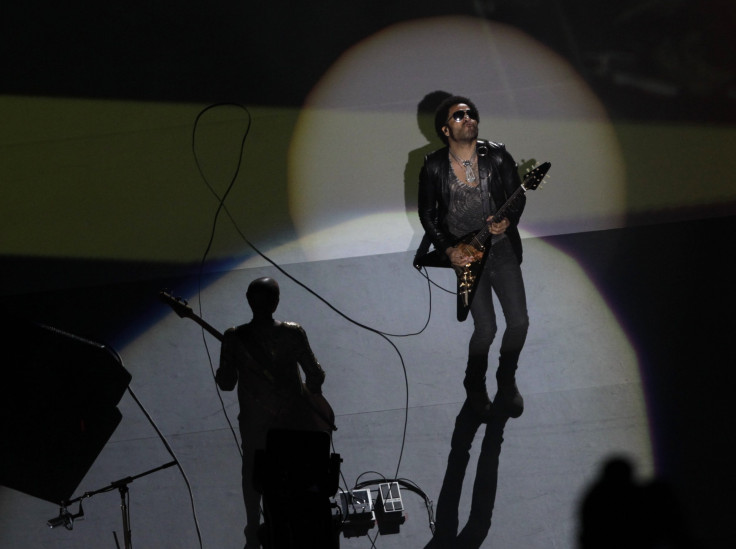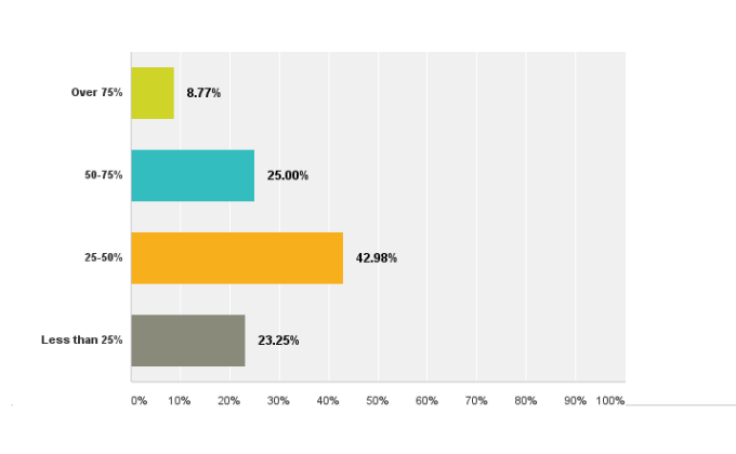Why Indie Labels Made Peace With Apple Inc.: Streaming Is Fastest Growing Income Source

A majority of the world’s indie labels now rely on digital sales, streams and subscriptions for most of their income, and streaming is the fastest-growing piece of the pie. A member survey conducted by the global digital rights agency Merlin released Thursday shows digital, rather than physical media, now represents the primary source of income for a majority of its independent record label members.
The survey also found one of every three Merlin member labels takes more than half of its digital revenue from streaming and subscription revenue. Last year, just one in five labels could say that.
“The independents are at a tipping point in the digital marketplace,” Merlin CEO Charles Caldas told an audience at Indie Week, an annual conference held by the American Association of Independent Music, or A2IM. “The more digital the market gets, the more store windows disappear, the better.”

Eating Market Share
The growth of digital may have come with the decline of physical sales, but it has also coincided with independents’ overall growth in the worldwide music market. In 2005, independent labels, or all the labels besides the big three of Universal Music Group, Sony Music Entertainment and Warner Music Group, represented less than a quarter of the global music market. Today, that number is more than 35 percent, and it looks poised to grow.
“Our survey shows the digital market is good for independents,” Caldas said.
The survey found that the move toward digital has also been accompanied by growing revenue for most of its members. Sixty-five percent of respondents reported an increase in overall business revenues in 2014, compared to 62 percent in 2013; 16 percent of respondents reported declining revenues.
Bite Of The Apple
But while streaming is growing quickly, Merlin’s survey also found many of its members are worried about the culture’s broader move away from owning music and toward accessing it. While almost 45 percent of Merlin members reported that download revenues had increased from 2013 to 2014, more than a third, or 36 percent, reported that their download revenues had declined.
The balance of those statistics figures to change sharply over the remainder of the year. Apple Inc., by far the world’s largest retailer of digital music, will launch a three-month free trial of Apple Music next week, a paid service that offers digital radio and on-demand streams of songs, rather than downloads. The launch has some worried that Apple Music's streams will cannibalize iTunes Store downloads.
But some streaming revenue is better than none, and up until a few days ago, it was unclear whether the independent labels would receive any income from Apple Music at all. Apple, which famously launched its iTunes Store without indie involvement back in 2003, waited until the very last minute to present Merlin with a contract for the service. Merlin’s members finally reached an agreement to get their music onto onto the service this week, just days after Merlin member label Beggars Group criticized Apple’s plans not to pay royalties while its service was in a trial period.
Apple reversed its stance just hours after Taylor Swift published a post on Tumblr that also called them out, but during his remarks, Caldas pointed to the growth in the independent sector as something that Apple and any streaming competitors would have to be aware of. “We're no longer at the periphery,” Caldas said. “We’re at the front and center. “Any service that’s coming to market needs to understand this.”
© Copyright IBTimes 2024. All rights reserved.











